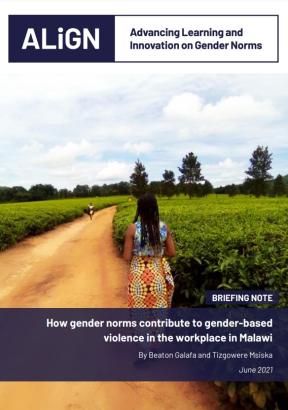- Briefing paper
- 24 June 2021
Gender-based violence in a male-dominated industry: Identifying and responding to challenges in Nigeria’s ICT sector
- Published by: ALIGN
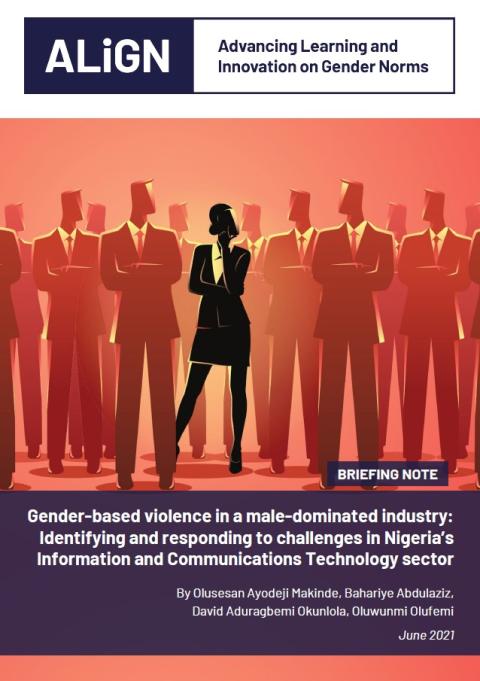
This research, which was conducted by Viable Helpers Development Organization (VHDO) and Viable Knowledge Masters (VKM), explores gender-based violence (GBV) in Nigeria’s booming Information and Communications Technology (ICT) sector. Stakeholders in the industry were engaged using qualitative methods (key informant interviews and focus group discussions) in Lagos and the Federal Capital Territory of Nigeria on the different dimensions of gender-based inequalities and GBV that women experience in the industry and the possible social norms that promote this abuse.
The study confirms previous findings that women suffer various forms of inequality and GBV in the industry, which may continue to hamper the contribution of women to the industry and exclude them from financial gains therefore stimulating a widening economic divide between men and women.
Gender norms that contribute to excluding women from the sector and facilitating GBV within it, include the beliefs that men are superior to and more intelligent than women, that women should not take on physically demanding ICT tasks, that older employees should command respect – particularly from younger women – and the perception of women as home-makers.
Stakeholders believe that a multifaceted approach is necessary to tackling the problem including the provision of equal opportunities, enhanced support for girls in the science, technology, engineering and mathematics field, sensitization of women and men on inequitable social norms and the introduction and enforcement of laws which address emerging risks in the industry.
This report is an output from the second round of ALIGN's micro-granting facility which provides organisations based in low- and middle-income countries with grants for research and learning. See more about this round of funding.
- Countries / Regions:
- Nigeria
Related resources
2 November 2020
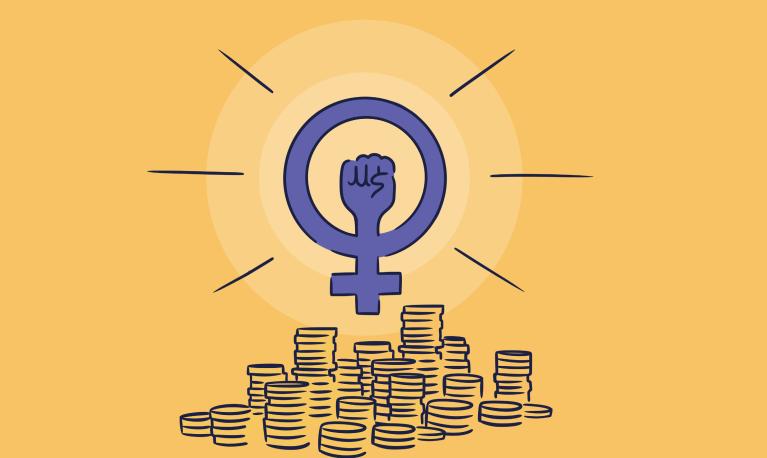
9 June 2021
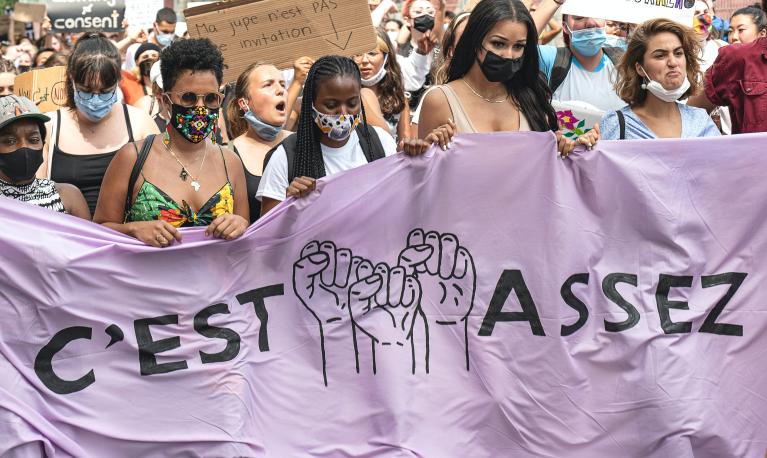
ALIGN's second round of micro-grant funding focused on research into effective action on the gender norms that underpin gender-based violence in the workplace and features outputs from Zimbabwe,…
Briefing paper
25 August 2021
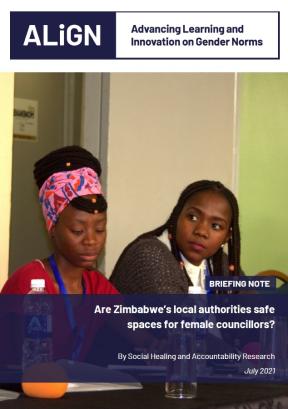
Briefing paper
25 August 2021
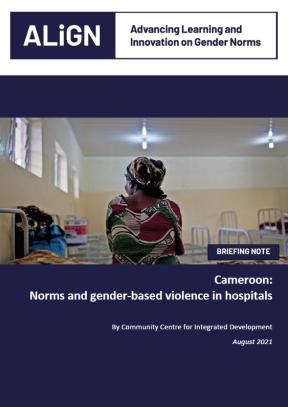
Briefing paper
19 August 2021
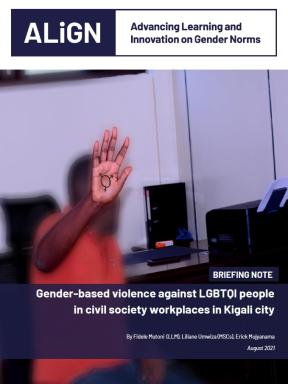
Briefing paper
22 July 2021
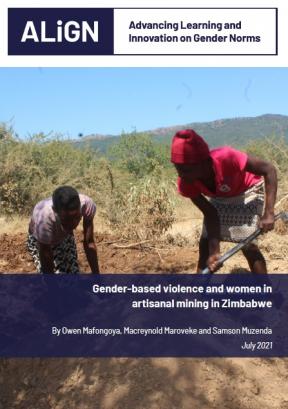
Briefing paper
12 July 2021
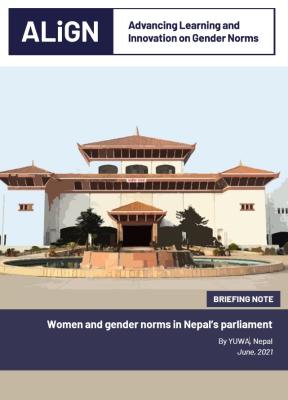
Briefing paper
7 June 2021
